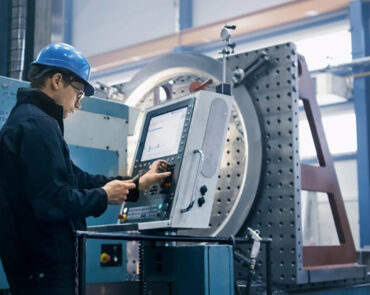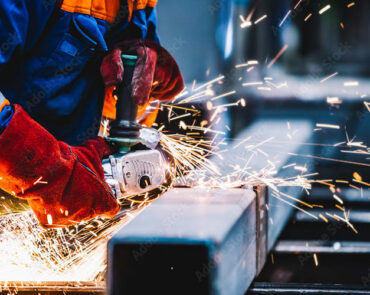Subcontractor secondment: Efficient work thanks to skilled workers from the EU & Eastern Europe
Sending subcontractors from abroad, especially from Eastern Europe, is becoming increasingly important in today's labour market. By working with foreign companies, you can utilise valuable services.
Are you looking for subcontractors from Eastern Europe or other EU countries? For over 25 years we have been we successful subcontractors PolandCzech Republic, Slovakia and other Eastern European countries worldwide and support our clients with all legal issues and regulations relating to the secondment of employees from abroad. Thanks to our global network, we can provide certified subcontractors for IndustryLogistics, Welding technology, Building tradeproduction, electrical engineering within a short time worldwide. We offer:
Transparent prices
Fast availability
Worldwide deployment
Industries
Our industries
Bricklayer
Building construction subcontractors
Electrician
Building trade
Solar & Photovoltaics
Welder & Locksmith
Subcontractor secondment process
Define requirements
Subcontractor search
Contracts & Organisation



Advantages of working with subcontractors
Are you looking for subcontractors for your project?

Legal framework
When working with subcontractors from abroad, clear rules must be observed for both the client and the subcontractor:
Subcontractors who are sent to Germany from abroad must have valid work permits or residence permits in order to work legally in Germany
Registration with the German social security system, including health, pension, unemployment and accident insurance
Minimum wage regulations, working time regulations, holiday entitlements, health and safety regulations and protection against dismissal.
Subcontractors operating in Germany are subject to German tax regulations. This may include the obligation to register for VAT, submit tax returns and pay income tax.
Subcontractors must comply with applicable health and safety regulations to ensure the safety and well-being of their employees in the workplace
Retention of employment contracts, work permits, social security certificates, tax documents and records of working hours and remuneration.




